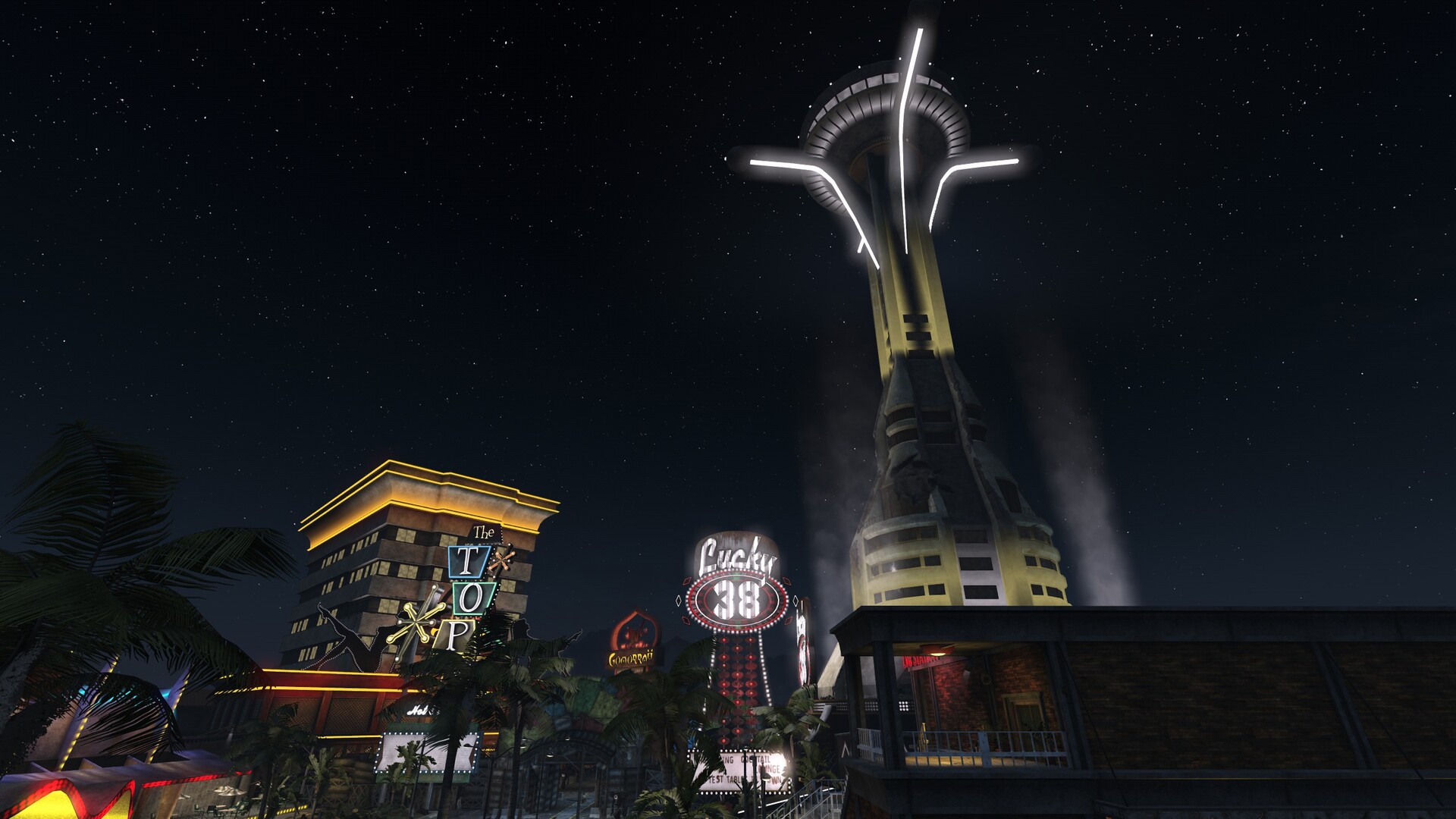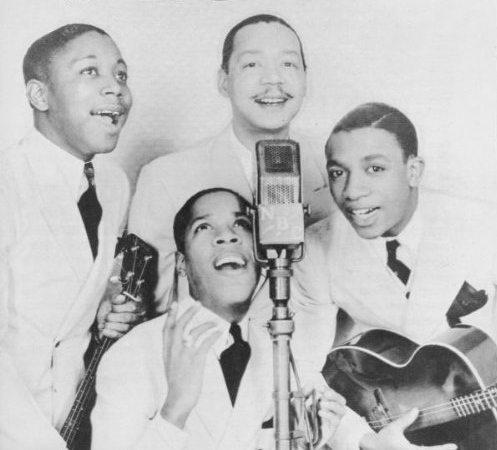Business & Economy
Mr. House: The Man Behind Las Vegas' Prosperity
By: Tim Stahl

Mr. House: The Man Behind Las Vegas’ Prosperity
A Visionary, a Tycoon, and the Mind That Rebuilt the Desert's Crown Jewel
LAS VEGAS, NV — From the neon-drenched skyline to the bustling casinos that line the Strip, prosperity radiates from every corner of what was once a fading desert relic. And behind it all stands one man—Robert House, the reclusive yet brilliant founder and CEO of RobCo Industries, whose vision and unshakable resolve have turned Las Vegas into the gleaming heart of the American Southwest. Once considered a gambler’s playground past its prime, Las Vegas has undergone a dramatic transformation in the last two decades—largely thanks to Mr. House’s unprecedented private investment in both infrastructure and cutting-edge technology. His bold acquisition of vast sections of the city in 2042 led to the formation of what is now known as "New Vegas", a corporate-managed metropolis where innovation, luxury, and order rule.
A Man of Machines and Methods
At 59, Mr. House has become a household name not through public appearances—of which there are none—but through the results of his engineering genius and economic acumen. While his physical presence remains elusive, his influence is unmistakable: automated securitrons patrol every street, monorails glide through the skyline, and digital infrastructure tracks everything from traffic flow to energy consumption in real time. “Mr. House doesn’t just think five steps ahead,” said Dr. Jules Albright, a senior systems architect at RobCo. “He’s playing a whole different game—and he’s winning.”
Economic Engine of the Southwest
Since House’s intervention, New Vegas' GDP has risen by 320%, driven largely by tech development, tourism, and energy exports. The once-ailing Hoover Dam—restored and upgraded under a joint initiative between RobCo and Poseidon Energy—now powers not only the Strip but much of the surrounding region. The city's boom has also drawn admiration from global markets. Foreign investment is up, and several international corporations have opened regional headquarters within House-managed districts, lured by tax incentives and unrivaled infrastructure. But not everyone is convinced.
Critics Question Corporate Control
Civil liberty groups and independent watchdogs have voiced concerns over House's “hyper-corporate governance,” citing a lack of democratic process and the increasing use of surveillance systems under the guise of security. “Las Vegas used to be run by people, not programs,” said Sandra Rayburn, a spokesperson for Nevadans for Civic Autonomy. “Now it’s algorithms, contracts, and a man we never see. Who holds him accountable?” Despite these critiques, polls indicate high resident satisfaction. A recent survey conducted by GNN Research found that 89% of New Vegas citizens feel “safe” or “very safe,” and 82% believe the city is on the right track.
Looking to the Future
While the rest of the nation contends with economic hardship, rising tensions abroad, and resource scarcity, New Vegas seems to stand apart—almost untouched. Mr. House has publicly promised to shield the city from “the instability of the outside world” and has hinted at even greater ambitions. Rumors persist that House has been quietly developing a revolutionary AI-based governance model and further automation projects—some of which, sources say, may never require human intervention again. Whatever the truth, one fact remains unshakable: Robert House has achieved what few others dared to imagine—he has conquered Las Vegas not with bombs or bullets, but with blueprints and brilliance.
GNN: Reporting the future, today.
